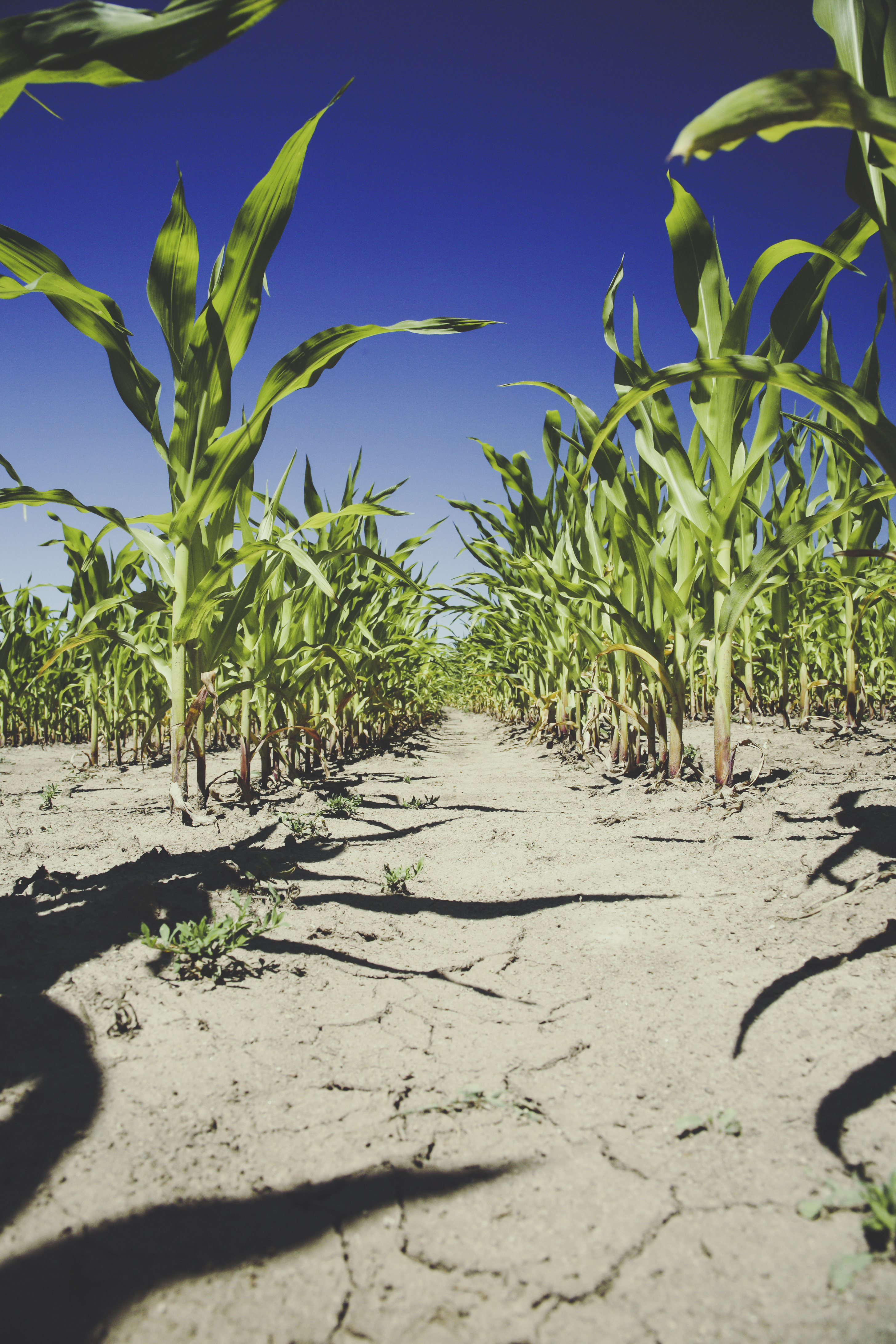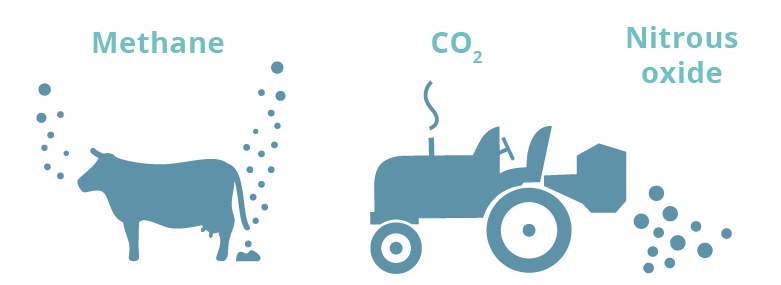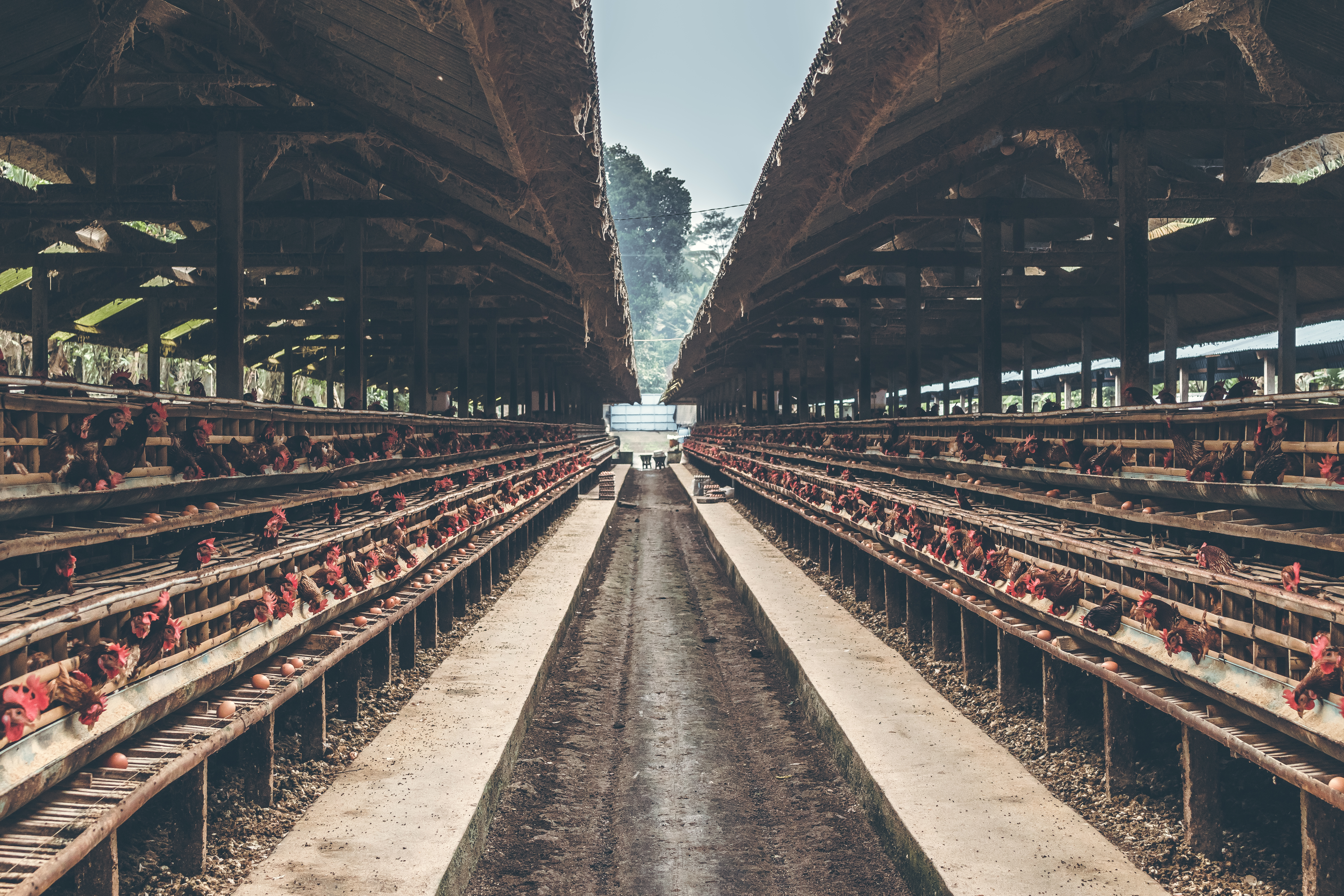
Intensive Farming involves the continuous growth of crops using harmful chemicals and ignores the negative effects on soil fertility and climate in order to produce high crop yield.
Agriculture
Intensive agriculture creates high amounts of greenhouse gases, such as methane, carbon dioxide and nitrous oxide. Almost a quarter of all greenhouse gases are caused by intensive farming/deforestation. Agriculture is one of the causes of deforestation due to the clearing of land for farms or grazing livestock.
While intensive farming leads to global warming, global warming decreases food supply. Meanwhile the increase in human population creates the need for more agriculture.
The UN estimates that there will be 9.7 billion people in 2050 compared to our current 7.9 billion. Yet climate change is already decreasing crop yield.

Food production is not all for humans. Food is produced for livestock. For example, 90% of the world’s soy production goes to feeding animals.
Intensive farming leads to soil degradation and depletes natural resources. Toxic pesticides, insecticides, herbicides and fertilizers lead to pollution of air, water and soil. Loss of ecosystems as well as emergence of parasites occurs.
Fossil fuel emissions from the transportation and machinery involved with the agricultural industry contributes to climate change.
Overgrazing, or the intensive animal consumption of plants, causes soil erosion with the potential to cause flooding.
Monoculture, or the growth of one crop intensively, like corn, wheat, soybeans, cotton or rice, depletes nutrients, relies on chemicals, and can lead to spread of disease.
Irrigation, or the artificial application of water, can degrade land through salinization, alkalization, water logging, acidification, and ecological degradation.
Slash & Burn, or the cutting/burning of forests to create fields, can lead to poor soil quality for crops.
Factory farms raise a large number of animals in confined and often horrible conditions promoting the spread of disease and the need for antibiotics.

